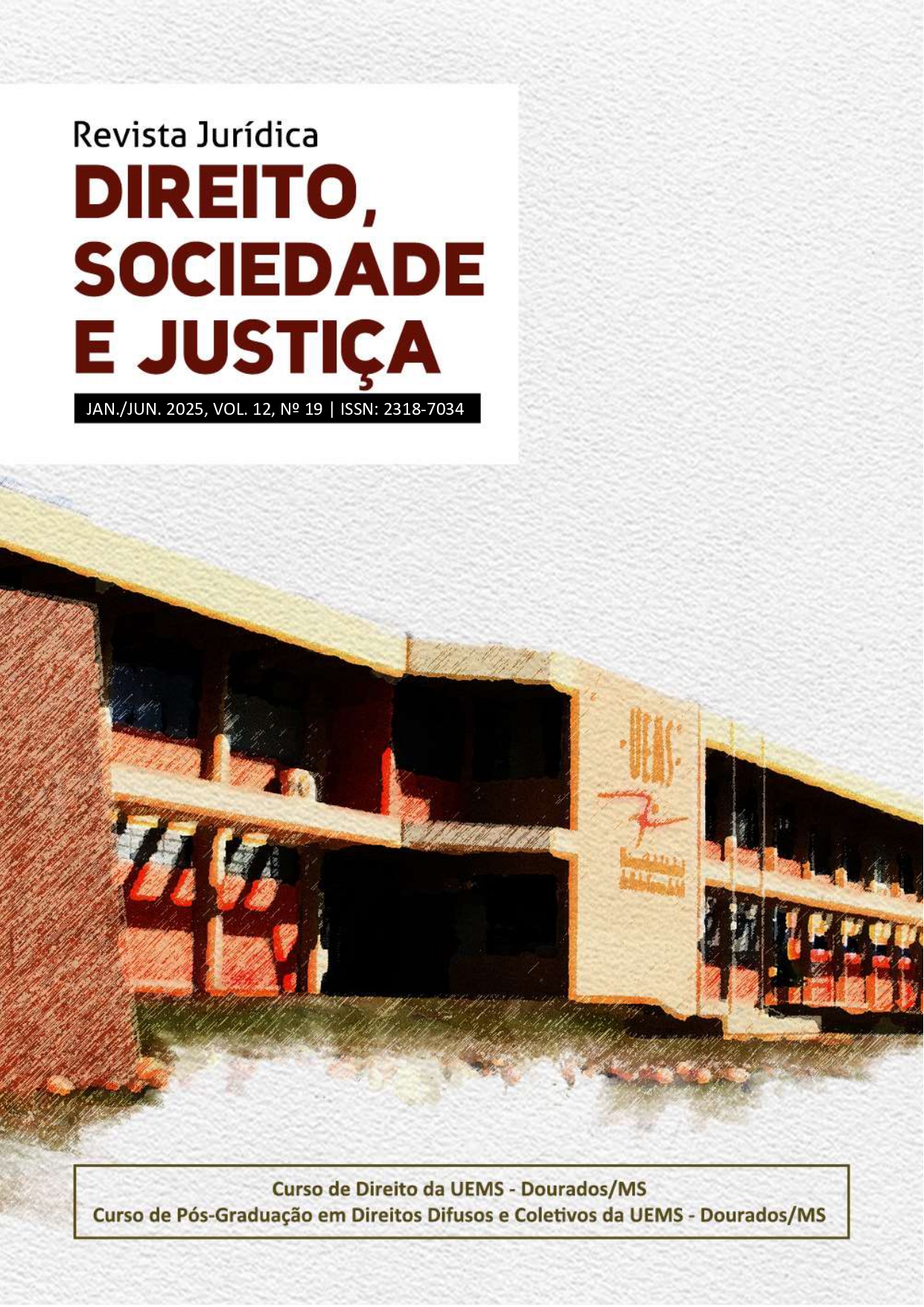SUPREMACIA CONSTITUCIONAL E DEMOCRACIA
O PAPEL DO CONTROLE DE CONSTITUCIONALIDADE NO ESTADO BRASILEIRO
Abstract
INTRODUCTION: Brazilian constitutional democracy finds support in the mechanism of judicial review, an essential instrument for preserving legal order and limiting political power. To understand it, a historical overview of constitutionalism is required, whose origins date back to Classical Antiquity. According to Karl Loewenstein (n.d., p. 154), even among the Hebrews there were attempts at political organization based on the limitation of absolute power. Since then, constitutionalism has come to represent the construction of institutions capable of restraining state arbitrariness and guaranteeing individual freedoms, establishing itself as a foundation of the Rule of Law.
OBJECTIVES:
This study aims to analyze judicial review as a mechanism for strengthening democracy in Brazil, with an emphasis on its role in limiting political power and preserving the supremacy of the 1988 Federal Constitution. For this purpose, a conceptual, historical, and normative approach is proposed, highlighting the models of constitutional control adopted in Brazilian law and their contribution to consolidating the democratic regime DEVELOPMENT: Constitutionalism is associated with the appreciation of the Constitution as an instrument to restrain state power and ensure fundamental rights. For Loewenstein (n.d., p. 154), constitutionalism creates institutional mechanisms that limit arbitrary governments, sustaining legitimate political organization. Within this framework, judicial review is the mechanism used to verify whether infraconstitutional norms are in conformity with the Federal Constitution. Compatible norms are considered constitutional; incompatible ones are deemed unconstitutional. This control ensures constitutional supremacy, a fundamental principle of the Democratic Rule of Law. The 1988 Constitution adopted a mixed model of judicial review, combining diffuse control—exercised by any judge in the context of a concrete case—with concentrated control, which is under the jurisdiction of the Federal Supreme Court in abstract actions. This model presupposes constitutional rigidity, as established in Article 60 of the Constitution, reinforcing normative stability. Inspired by both American and European models, the Brazilian system has achieved broader scope and effectiveness in defending constitutional order. CONCLUSION: Judicial review stands as one of the main pillars of the Democratic Rule of Law in Brazil. By ensuring the supremacy of the Constitution and curbing arbitrary exercises of power, it strengthens democratic principles and upholds legality. Its consolidation is essential for maintaining justice, institutional stability, and the effective protection of fundamental rights.
Downloads
Published
How to Cite
Issue
Section
License
O envio de trabalho implica que seu(s) autor(es) concede(m), formal e gratuitamente, à Revista Direito Sociedade e Justiça, os direitos autorais, caso o mesmo seja aceito para publicação, de o incluir, publicar e divulgar em qualquer meio, inclusive em arquivos virtuais, Cd-Rom (ou equivalente), revistas impressas, na página virtual do curso, etc..
Caso referida revista, em qualquer dos seus meios de publicação, sejam comercializadas ou de alguma forma patrocinadas, não retirará a natureza de gratuidade anteriormente prevista.
Os trabalhos publicados terão caráter subsidiário para os usuários na elaboração dos seus estudos, pesquisas, trabalhos científicos e acadêmicos, bem como demais atividades pedagógicas, podendo ser impressos para essa finalidade, sendo que a utilização para fim diverso do aqui estabelecido dependerá de autorização do autor e do conselho editorial da revista.

